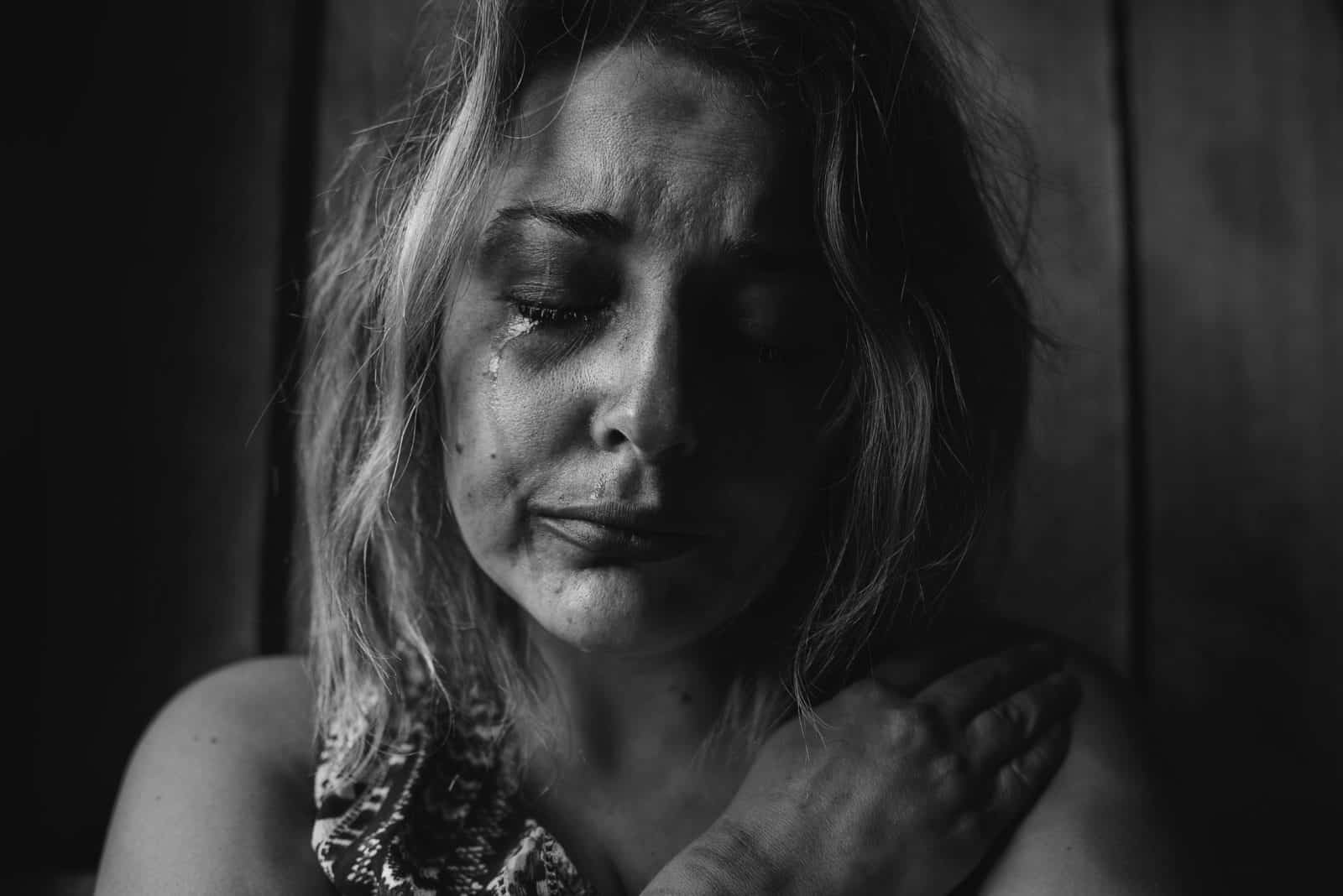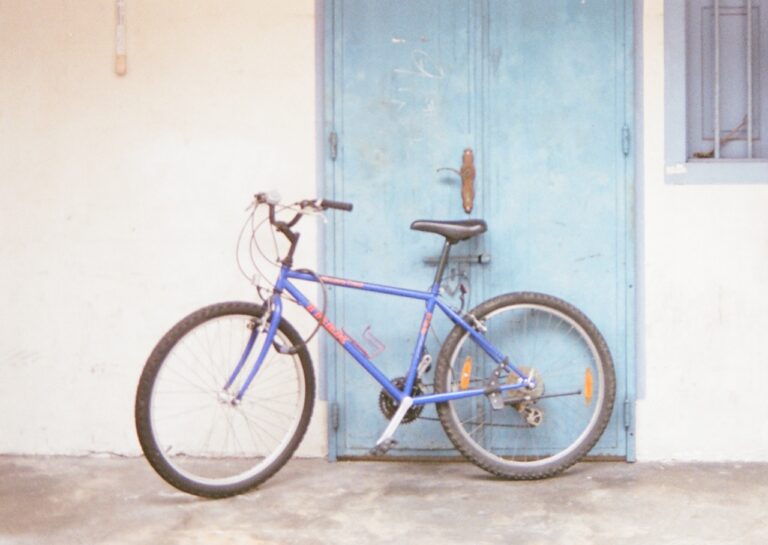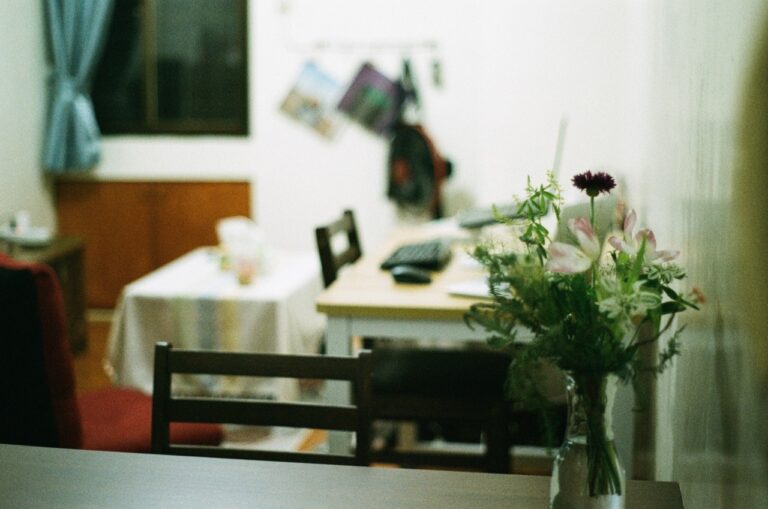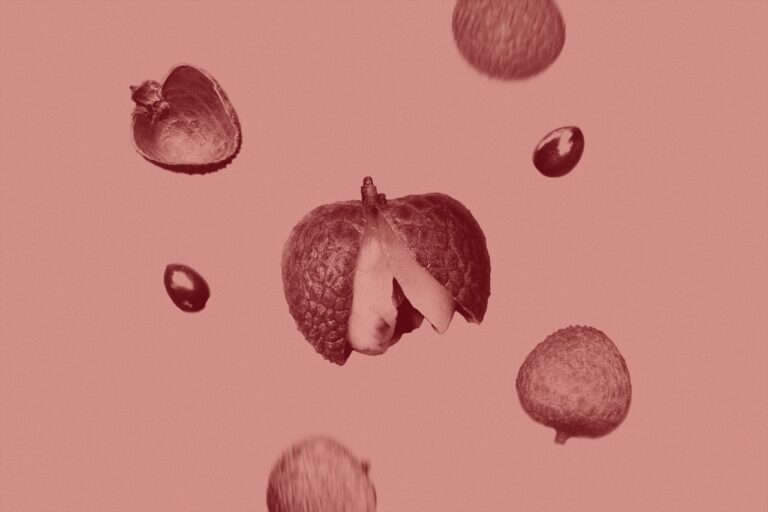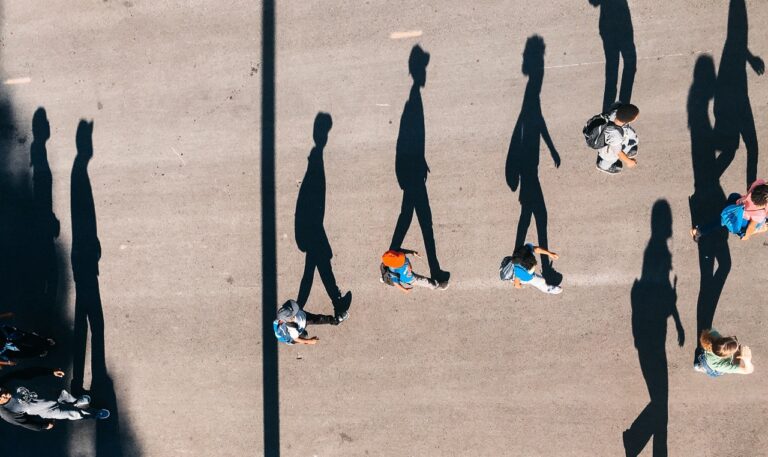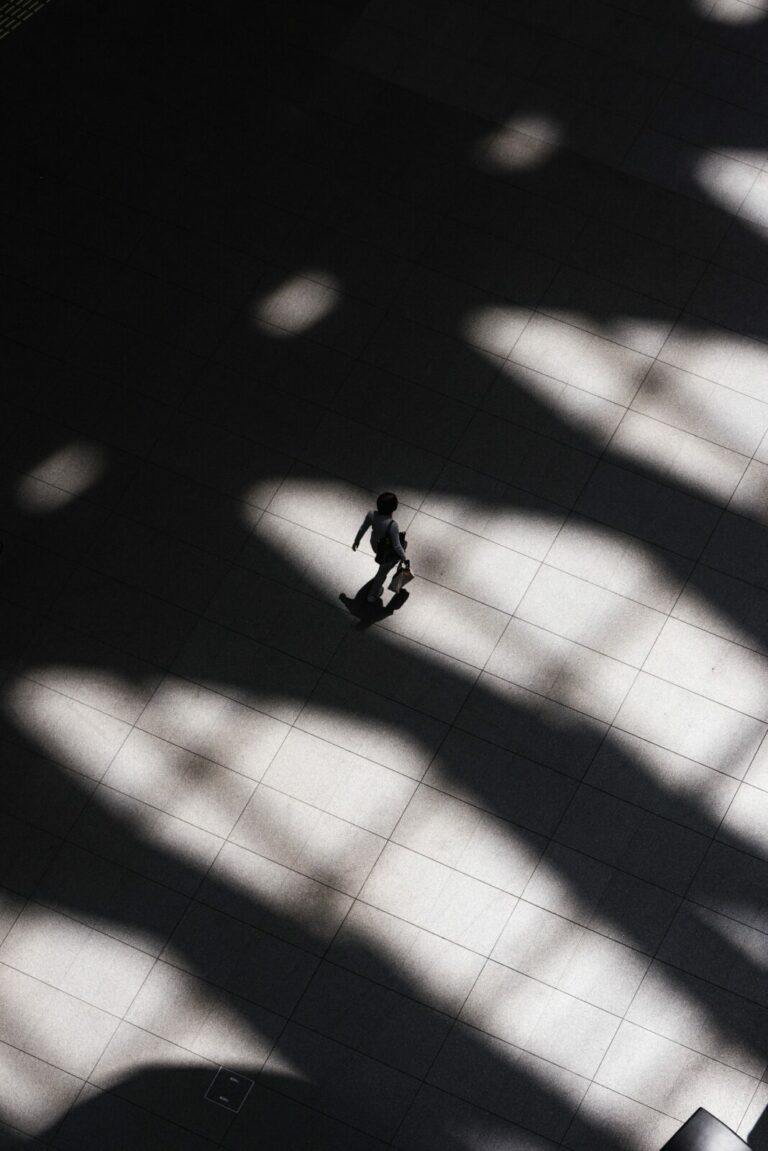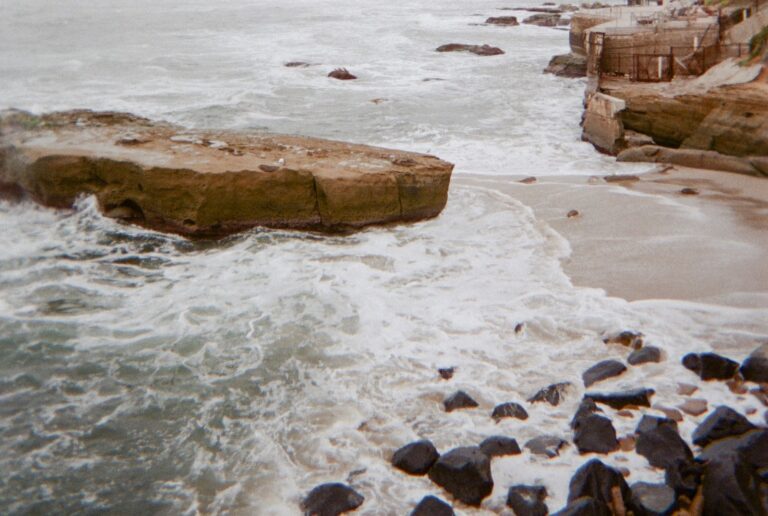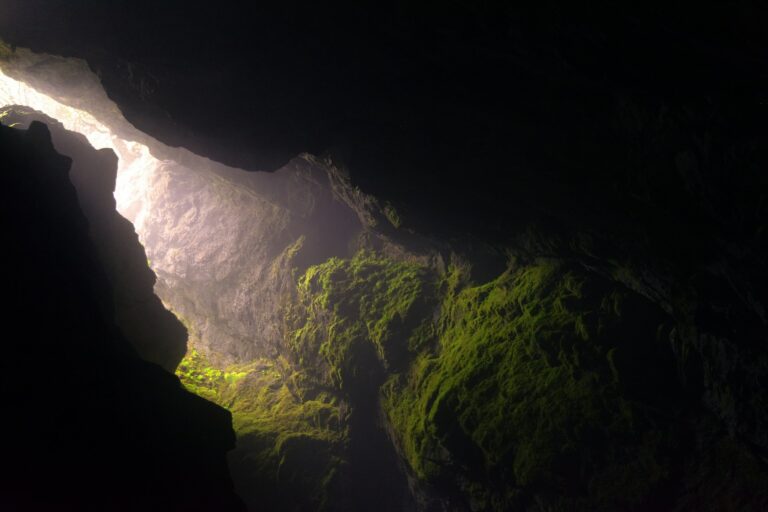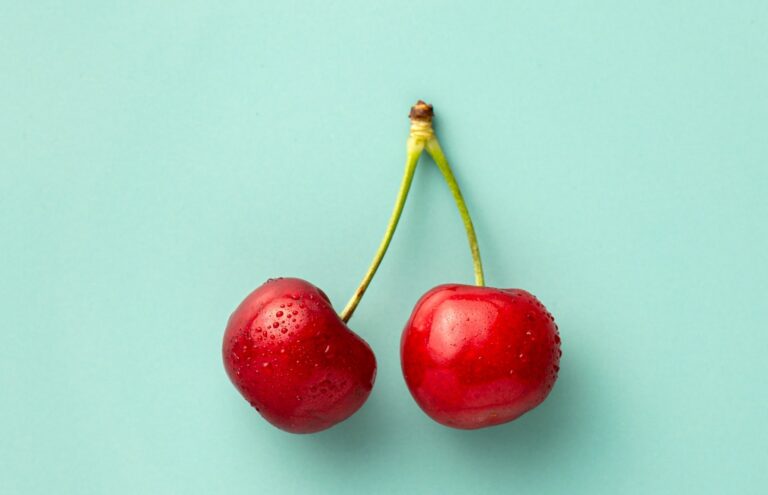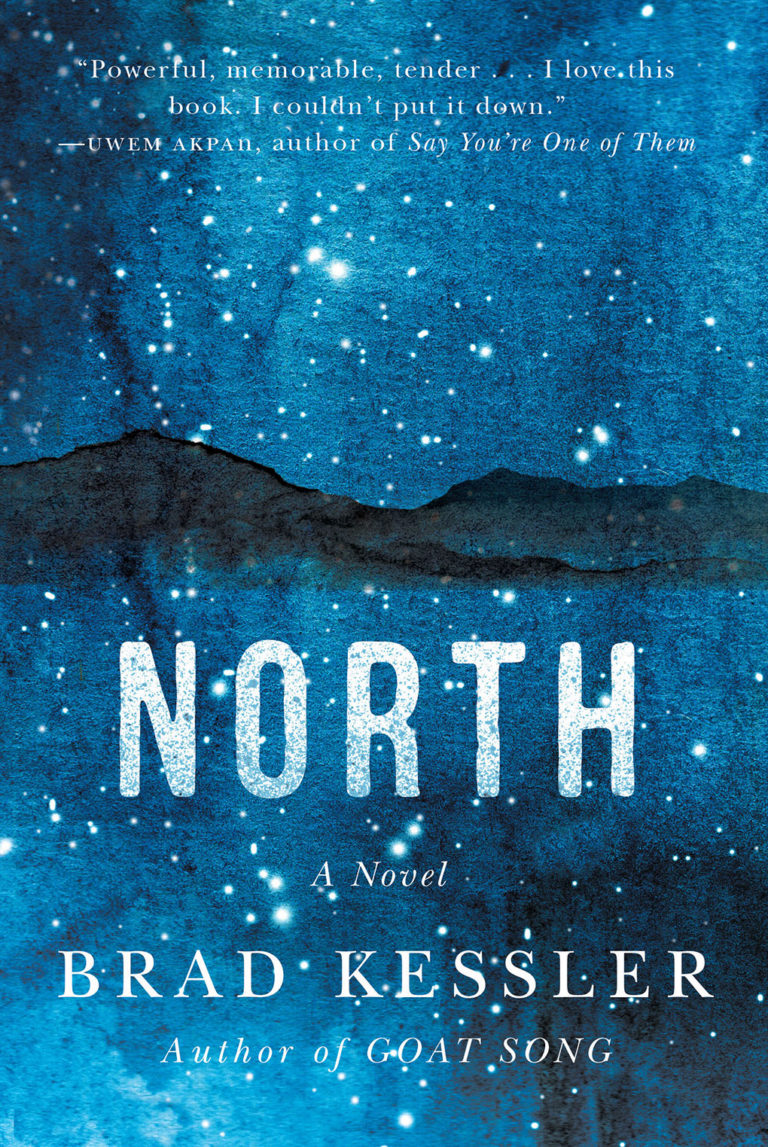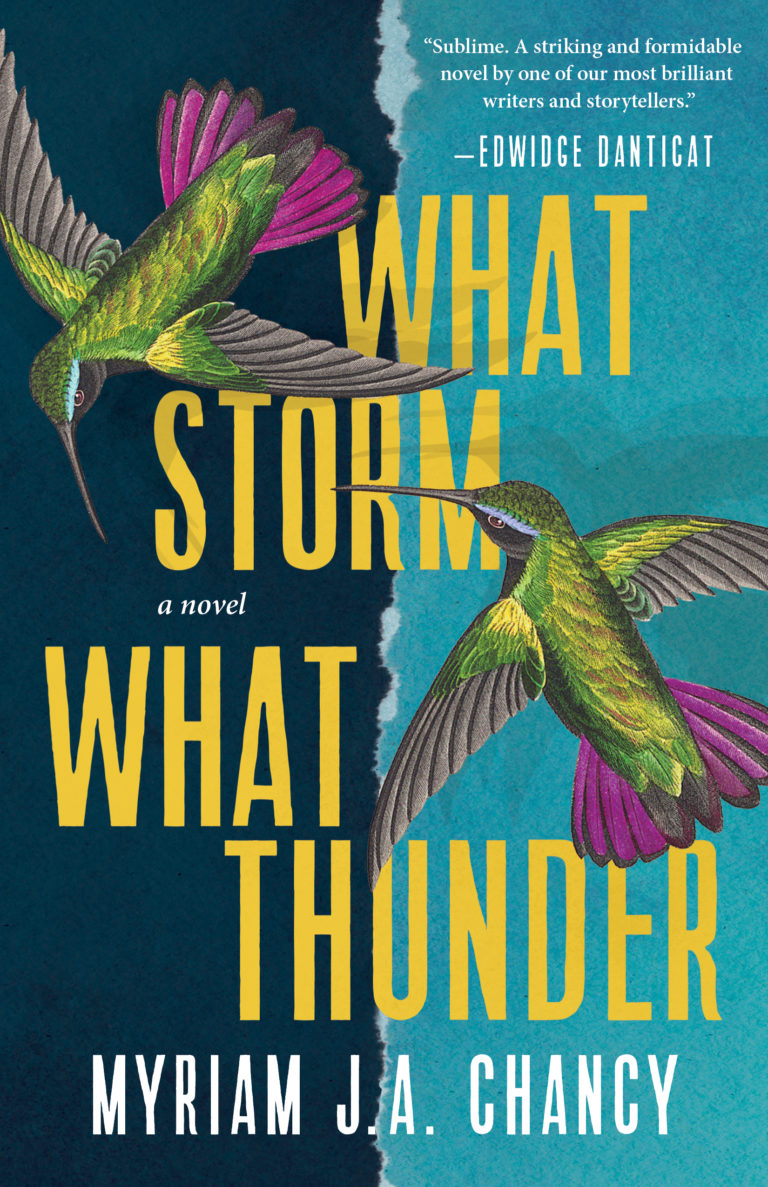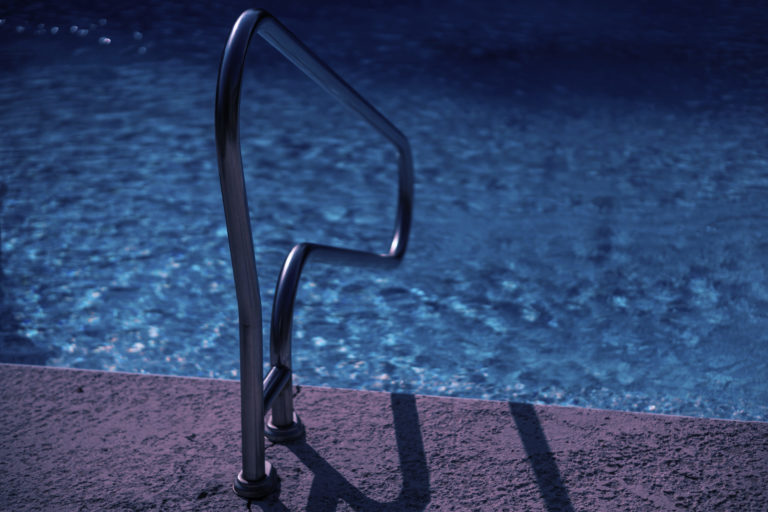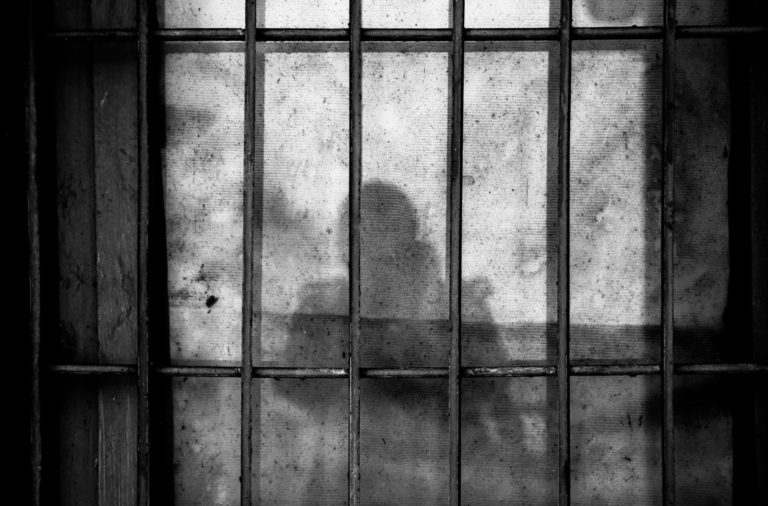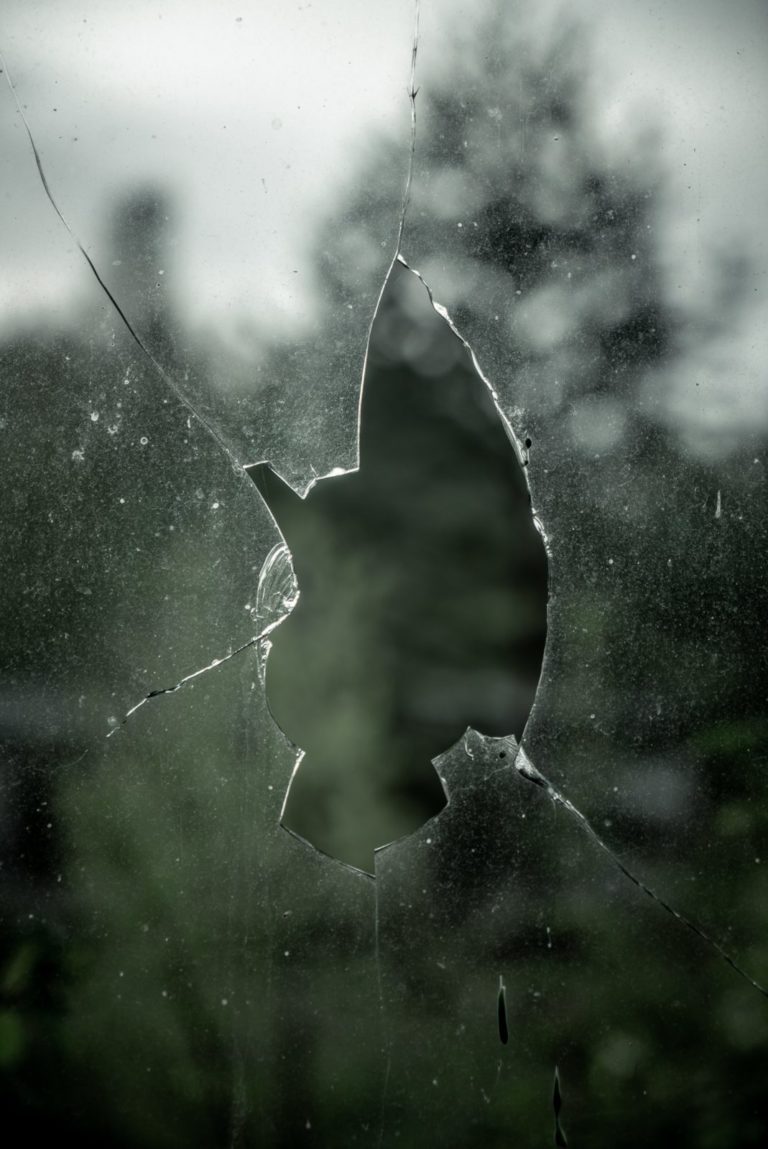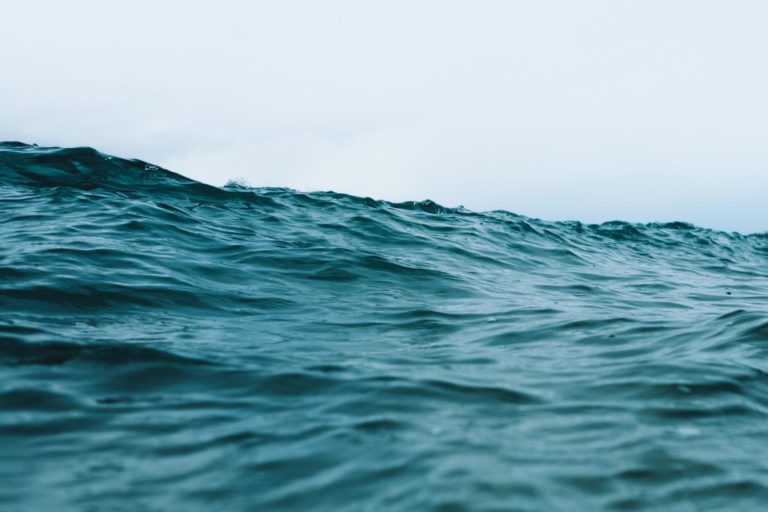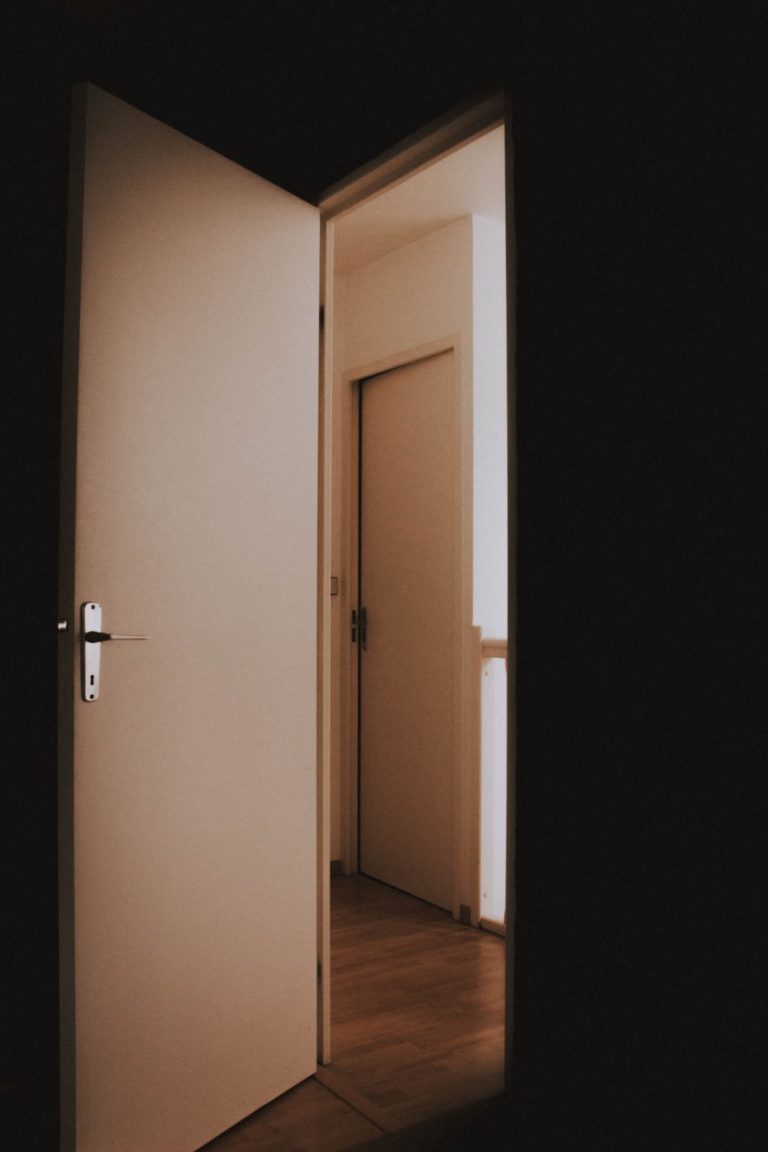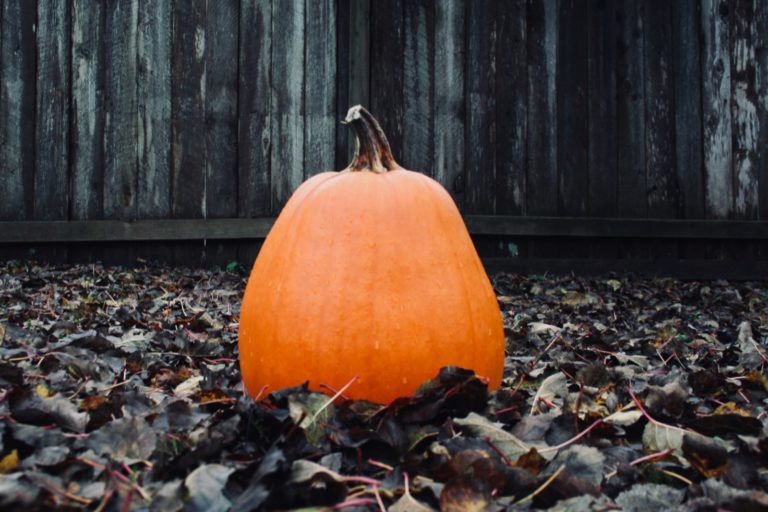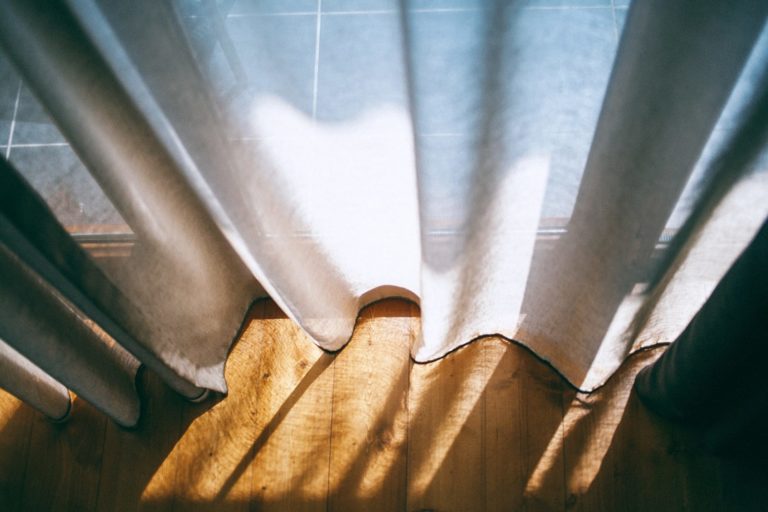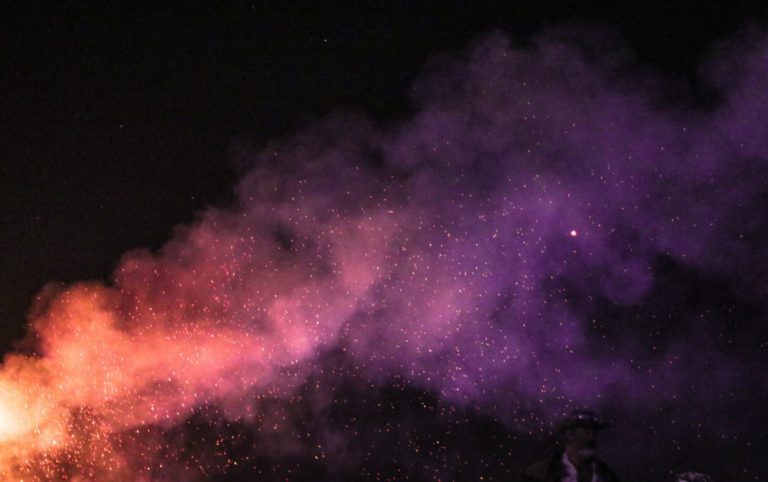I hate it when Mama cries. Her face screws up and she looks at me with those begging eyes, and then it seems like everything might be about to turn into something else, and I don’t know what I will do if that happens.
Mama loves to bathe, brush, train, and play with the dogs more than just about anything. Her face looks so young when she gets down on the floor with them and starts telling me how babies are born. We try to count how many are in Tuck’s swollen belly. Nip lies nearby, the daddy of these puppies —even though they’re brother and sister Cocker Spaniels, which Mama says is okay for dogs. She looks so happy saying six or more I’ll bet, and Tuck will need help since it’s her first time, and Mama says I can be there and watch when they’re born!
Daddy comes bursting in the door and flinches when he sees us down on the floor. Mama and I flinch too. We thought he was still back there taking one of his long naps that last all day. He looks down at the dogs and at us on the floor.
“You’re not planning to let that dog accidentally give birth in the house, are you, Jane?”
“No, Dick, I was just about to put them out,” she says
Sometimes it seems that Daddy likes dogs too, but not in the house. He used to like to ride horses, but he’s nervous and afraid of falling because of his war-injured feet and bad balance. He wants everything to keep away from him.
At a friend’s house, their big dog jumped on him, long tongue slurping, and he fell reeling back onto the grass, then he clump-CLUMPed off to the car as fast as he could, and we all had to follow him, and then listen to his shouting all the way home that those people were idiots to have a dog not trained right. And anyone who’d own that big stupid breed of dog in the first place had to be a jackass, somebody he could never ever have for a friend, or even speak to, ever again.
I hate it when Daddy gets crazy. It’s not all the time. Sometimes you can talk to him, ask him things. Sometimes I almost forget to be afraid of him. Sometimes if I say something funny he gets this certain look in his eye, as if I hit the bulls-eye. It’s a look that is like a small salute. But lately he’s not doing it. Lately he is always yelling about this or that.
Sometimes Mama goes out and sits with the dogs, and sometimes I hear her talking to them, telling them how she feels, but in words I usually can’t pick out.
I hate it when Mama tells me how she wanted a different kind of life. She tells how when she was a kid like me she used to visit Aunt Lee and Uncle Edward out in Brady, Texas, how Aunt Lee is Granny’s sister, how they had all kinds of animals, how they had the five tall sons, Mama’s cousins, such sweet men.
She tells me about their farm while she’s putting the carrots, the onions, the radishes, the tomatoes, and the strawberries into our “truck” garden out back. She tells me about her cousins when she’s putting our clothes through the wringer, then hanging them out on the line one by one. She tells me of the wonderful people as she’s feeding our dozen chickens and gathering our eggs, simple country people and yet so smart and creative out there in Brady, the Heart of Texas.
When she puts me to bed at night, she tells me how they would read a Bible verse and a Saturday Evening Post story every night, and how she always wanted to be just like them, have a life exactly like theirs. Then her tears dry up as she opens the Bible to the first chapter.
The Bible stories are interesting, about families, problems, fathers and brothers always fighting or killing each other, or sending each other away. Especially brothers always wanting to be the favorite. Long lists of families. God appears. The Devil and different angels appear to certain chosen ones of them. But the ones who are chosen don’t seem to be all that good. They are just chosen, that’s all, and we don’t know why. They don’t explain this in Sunday School, and Mama doesn’t like questions. Also, some of those angels are not as nice as you would normally think angels would be.
***
It’s hot summer now, and people say drought, week after week, no rain. We take naps, sleep in our underpants in front of fans; we get wet and sit in the shade, we drink water. We have mosquito and chigger bites old and crusty, bites new and swollen, poison ivy and heat rashes.
Clouds of gnats stand in the shimmery air. The black dirt is cracked as a scab. Our grass is brown as if going back to desert because we’re not allowed to water enough. The grownups talk about Okies and the Dustbowl and each one has a story about it.
On the radio they talk about frying eggs on sidewalks downtown and Nathan and I want to try it, but there are no sidewalks out where we live. Only a gravel and tar road out front. We stay outside in shade most of the time.
Daddy stays at the office late because there is some air conditioning down there. He comes home and changes his shirt two or three times before bed. He never walks around in underwear. No one does that here.
Once in a while we drive out past the cotton fields, past the Mesquite-and-Hackberry wind-breaks, out Preston Road to the country club and swim all day. But we can’t take Nathan anymore because of the way he acts, Mama says.
After dinner I take the trash out. I stand looking at the moon, the billions of stars winking, sending me a message that someday I’ll have my own life, not like this.
Clouds on one side of the sky. The air feels heavy
Then come dark clouds, thunder, lightning, and at last rain.
Everyone jumps out of bed in the night and runs outside. We are all so happy about rain!
The next morning everything seems alive again. I lift a pile of wet brush to find a green lizard who skitters away, and I see a grass snake just slipping out of his old skin. I put the crinkly skin into my pocket. The sun comes out, clouds roll onto the other side of the sky, and Mama and May-May are moving diapers out to the clothesline, pinning them one by one to flap dry.
I call Nathan’s name out near his clubhouse. There’s no answer, but voices out front.
There are deep ruts and puddles in the mud, gravel, and tar road in front of our house. Only the rare car passes.
Dams and lakes and rivers and canals can be made in the road, and there’s a whole system built by the time I get there, Nathan and the Breards from across the street working on it, so I join in. We make little walls out of sticks and pebbles, and little boats out of leaves and paper and twigs, and float them there in the street. We make canals connecting the puddles. I take out the snake skin and trade it to Nathan for a promise that I can borrow his Captain Marvel comics for a week. He has a huge stack in his room.
The littler kids, the two Nancys, and the dogs Nip and Tuck play and run around us. Tuck can barely walk. She lays her big belly full of puppies on the grass by the side of the road, but Nip keeps running around and around us.
After a while Daddy’s car starts coming out. He stops at the end of our driveway, when all of a sudden a pickup truck comes around him from seeming nowhere, honking its horn, going fast.
We jump aside for the truck to pass, mud splashing, but Nip is on the other side of the road. He tries to run across but too late and the truck’s front wheel hits him square. Both wheels run over him, and the truck just keeps going around the corner.
Nip squeals and squeals. He’s broken, bleeding, the back part of him stuck flat into the tar pavement, the front part of him barking, whining, pulling, fighting to escape.
Daddy struggles out of his car, saying, “Oh no.”
We run to the spot, yelling, then all standing helpless. Nip is halfway lying in the street, his back part wrecked, bloody, and stuck in the tar. He’s trying to get up, but he can’t. Tuck’s shaking all over, sniffing, licking him, yipping, whimpering.
Nancy’s running on her three-year-old legs up to the house for Mama, who’s already running out across the lawn in her apron, saying, Oh no, oh no.
Then Mama’s kneeling in the wet hot tarry road, begging Nip not to die, sobbing,Come on baby, come on, and trying to unstick his legs, his belly, saying, Oh no, oh no, oh no, oh no.
Ricky Breard is saying how their dog Skippy got hit by a car once but now he’s fine.
“It wasn’t me, Jane, it wasn’t me!” Daddy shouts.
Mama does not look at Daddy.
Daddy comes over, saying, “It’s no use,” but she pushes him away.
Nip stops struggling. His eyes are fading. Tuck licks Mama and whimpers and whines and shakes all over. Mama weeps openly, shaking all over as well, picking Nip up carefully, saying things I don’t understand, holding him out in front of her, hurrying back to the house, and hiccupping like a little kid. I never saw her cry like that.
We follow in silent awe, me and Nancy and Nathan. The other kids stand in the street. I look back at Daddy. Daddy turns and clump-CLUMPs toward the house as fast as he can.
In the house, Mama lays Nip on the back porch on a towel May-May brings and calls the vet. Tuck howls outside the door. Mama cries into the phone. Nancy and Nathan and I watch Nip make noises like a dog dreaming, then stop. Nip is dead.
I hear Daddy in the bathroom, door locked, throwing up. Then he comes out, grabs his cane, and drives away.
We bury Nip in a Neiman’s box next to the woods, Mama acting mad, not saying much, Nathan and May-May helping to dig the hole, May-May singing, all of us crying, Tuck wagging her tail, licking our ankles with desperate pleading.
Nathan and I sit out there for most of the rest of the afternoon, something bad hanging over us. Then Nathan has to go home. I stay there with Nip, picturing him stuffed into that box, buried down there under all that dirt, stiff and matted now, alone.
I keep thinking of a dead pet turtle we buried once, how when Nathan and I dug it up later, only the shell was left. I draw a picture of the turtle shell in the dirt with a stick.
Then Tuck starts digging, whining, digging with more and more excitement, and I can’t make her stop. I run in to tell Mama, who’s in there crying over a popping skillet of rice fritters. Mama turns off the stove, wipes her face with the dishtowel, goes out and puts Tuck into the pen, where she barks and whines and howls alone for the rest of the night.
Daddy comes back for dinner acting like nothing’s happened. Mama feeds Judy early and puts her to bed, and Nancy spends the night with the Breards, so it’s the three of us at the table with creamed chipped beef on toast which Daddy makes jokes about how in the army they called it S.O.S., and Mama frowns about that, so Daddy starts getting in a bad mood, eating up all the rice fritters. When I ask for another one, he says I’m getting fat.
Daddy goes out to the tool shed after dinner, until Tuck’s barking makes him come in mad again. Mama goes out and talks to Tuck, but when she comes back in, the howling’s worse.
She puts me in the bathtub, where I carve the Ivory soap into the shape of a turtle as I listen to them fighting.
“If you’d just leave the dog alone out there, she’d stop.”
“She’s never been alone in her whole life, Dick.”
“So what! She’ll have to learn it now!!”
“I just can’t be that heartless about it.”
“Really! You care more about those dogs than you do about me!”
Daddy slams out, roaring away again in his car. I wonder if Daddy will be killed in a car wreck, and I wonder if we will be sad.
I prop my Toni-doll up on the table next to my bed, turn her head so that her blank eyes look over at me like a blind person might do.
Mama comes in, her face red and puffy. We say the Now I lay me down to sleepprayer, and we God-bless all the usual people, and tonight we God-bless Nip and Tuck as well. And we God-bless the puppies not yet born.
“Mama, do dogs go to Heaven?”
“I don’t know. But I think they should,” she says, kissing me on the cheek, then turns out the light, and goes out. It surprises me the way she says this in such a real-sounding voice. Is she telling me the truth is that she doesn’t really know anything about Heaven?
I hear her making phone calls as I lie there in the dark wishing I had someone to talk to, thinking about how Nip was alive one second and crushed the next, how everything changed so fast. I keep picturing the back part of his body stuck into the tar, how shockingly flat and wrong it was, mushy, twisted, blood seeping out. How he wanted to leave that ruined part of himself behind.
The next morning Daddy’s back again and in bed. Tuck’s barking again. We go out and Mama lets Tuck out, and Tuck runs straight to Nip’s grave and starts rolling on it, then digging, then rolling, whimpering, digging some more.
Mama makes me go back and watch Nancy and Judy. She puts Tuck in the pen, then makes Cream of Wheat, and sits me down to feed Judy. She drinks coffee, smokes a cigarette, makes phone calls, looks out the window, then goes outside again.
I feed Judy, making sure most of it gets in, keeping her fingers out of it. Her little blue eyes look around and at me. I wonder what she sees looking up at us as if from the bottom of the pool, seeing the splashing undersides of things.
Daddy’s up. I hear him clumping in the living room, in the hall, then back in their bedroom. I try to finish the Cream of Wheat before he clumps in here in his bathrobe, all cheerful, saying, Don’t I think Mama would like it if he cooked breakfast. He paces up and down clapping his hands, getting out the big black skillet, bacon and eggs.
Mama comes in. “Why are you doing this, Dick?”
“I thought you might like some breakfast, Jane.”
“You’re a little late for breakfast.”
“Well, how about lunch then?”
“Oh, all right, go ahead, I guess.”
Daddy looks for a long moment.
“Oh come on, Jane, it’s not the end of the world, is it?”
She won’t look at him.
“If you want to help me, why don’t you come out back and help me dig up Nip. We need to make that hole deeper and re-bury him.”
“Jane! This is my day off. Isn’t that what we have a yard man for?”
The skillet’s smoking, bacon burning. “Uh-oh,” he says.
“Well, why would you make a big mess in here for me to clean up on the maid’s day off? Don’t I ever get a day off?” She picks up the baby and walks out.
Smoke is filling the kitchen. Daddy takes the skillet outside all the way to the woods, and throws it down, and then he stays out there. I can see him from the kitchen window and through the trees smoking cigarettes and stomping around, and then he disappears into the tool shed.
The week before this, I’d heard them fighting in their room, her saying, But why would he do that? him slamming doors, pacing like a madman, then rushing through the house, to the back door, Nip and Tuck scurrying away, him yelling,Why? Because he’s a bastard, that’s why! He’s a goddamn bastard!”
Mama’d said he shouldn’t talk that way, and Why would they?
“Because I’m the goat, Jane, I’m the goddamned goat!”
“The goat? What does that mean, the goat?”
“Can’t you ever just once try to see it my way?”
“I don’t understand why you can’t just get along.”
“There’s one hell of a lot you don’t understand, Jane!”
Then he’d put his cane through the back porch glass door, Nip had peed on the door mat, and Daddy had hit at Nip with his cane.
I go back to my room and listen to the radio. Who knows what evil lurks in the hearts of men? The Shadow knows. Lamont Cranston traveled to far-off lands, where he found the power to cloud men’s minds so he could sneak around watching them, and they couldn’t see him. That sounds good to me. But I’d rather have the power to fly up away from them, just lift off like swimming, push high up out of their way, hover above them and watch. Then I wouldn’t need any other powers.
***
The next morning, George comes and digs up Nip’s box, already fraying, and sits it next to the hole as he digs deeper. Tuck watches from the pen, yip-barking, biting the chain-link fence, trying to dig under it. Nathan’s here to watch. George keeps stopping to wipe his face with a big red handkerchief. Dirt keeps falling back into the hole.
“I think that’s deep as I can go right here, Ma’am,” he says.
George puts the box in, starts shoveling damp black dirt back in.
I ask Mama why won’t Tuck stop howling, and Mama says, Because she thinks he’s still there, and she has to stay loyal to him no matter what.
“But why?”
“Because she has to, that’s all.”
***
Later Daddy takes me with him to a company ball game where we see Uncle Bill talking to some friends, but never speaking to us, even though we are right there. Daddy drinks from a flask and gets into a fight in the parking lot, and his driving scares me all the way home.
As we careen into the driveway, Mama comes rushing from the dog pens carrying something. She hurries in the back door, and Daddy and I go in after her.
“The puppies! The puppies are coming!” She’s on the phone, begging somebody to please get off the party line.
“Maybe that dog will settle down once she’s had those puppies,” Daddy says, heading down the hall to their room.
“But it’s too early! It’s not time yet!” Then she’s talking to the vet. I stand there until she looks at me and says, “Go to bed, you’ll see them tomorrow. It’s late.”
I go to bed. Tuck’s not howling. Mama’s rushing around in the kitchen, then goes out. I can’t hear Daddy. The house is quiet, but the attic fan is turning, turning.
***
Finally. Early morning. Six puppies, tiny hairless, pink, wet-rat things, not like the cuddly fat puppies I remember ever seeing. They’re in a nest Mama has made of frayed towels and an army blanket, in the tool shed. The puppy smell is strong.
“You can’t play with newborns,” she says, “but they’re big enough to live, and they’ll grow soon.”
Tuck’s trembling, licking all over the blind pink wormy things, until finally some start to nurse. Mama kneels down with a happy, tired look on her face. I like Mama’s face with no makeup.
“I was up all night with them,” she says.
“Can I get Nathan?”
“Not now.”
On the school bus I tell Nathan the puppies have come. The kids gather. “I want one!” “Can I have one?” Girls ask if they’re cuddly and cute.
“Not yet, but they will be when they get bigger,” I say, acting like I know all about it.
Later I run out to look. They’re not wet, but are still blind and pink. And one is not moving, out on the edge. Mama takes it away, and calls the vet. Now there are five.
Daddy comes home from work late, yelling in a garbled not-language. He goes to the wood bin. Mama and I stand in the kitchen, looking at each other, hearing him slam back out of the house again, but we don’t hear the car. Mama picks up Judy.
“Bring Nancy,” she says as she hurries us back to our bedroom. “I want you to stay in here with the babies.” Then she goes.
I stand in the doorway listening. I hear Daddy return to the house, bumping into things, talking like he’s being strangled, Mama following him, saying, “Dick! Dick!”
Then it’s quiet. I sneak down the hall, get a glimpse of Daddy with a gun in his hand.
“Dick, you just can’t do that!”
“He’s trying to kill ME isn’t he?”
I hear the car starting up. I hear Mama dialing, talking to my grandmother. Then I hear her making more calls.
Daddy bursts back into the house. I run and jump into bed, pulling the covers over my head, and Nancy climbs under there with me. Judy’s already asleep in her crib. Then we hear nothing for a long time.
I wake to the sound of a car outside. The next thing is strange men talking in the living room, Daddy shouting. Something falls, something else crashes.
Mama’s shouting, “Dick, just go along!” and “Don’t make it worse!”
Daddy yells with a cry so terrible I hold my breath. More garbled noises, scuffling, bumping, loud bangs, crashing, door slamming, then a car with a siren, driving away.
I run down the hall into the living room. All the lights are on. Things are broken, chairs fallen, the bonsai tree with the little fishing Chinaman, broken, dirt across the floor.
Daddy’s gone.
Mama stands in the middle of the room, her white body tense, her white face not crying. She’s not going to tell me.
“What are you doing in here?” she shouts, “What are you doing up? What did I tell you? Get back to your room right now!”
I’m not included. I’m not even liked. I lie in bed looking at the dark.
***
But I am included with the puppies. The day after they take Daddy away, another puppy dies. Mama and I bury it next to Nip’s grave.
The vet comes out to our house, looks at Tuck, gives her a shot. He says something is wrong with Tuck, with her milk or something. She has a fever. She can’t nurse the babies. We have to take the puppies away and put poor Tuck back out into the pen by herself, and Tuck starts up again with an even more righteous howl.
Mama comes in my room in the dark early mornings with a flashlight saying “Come help me,” and we go out to the tool shed to feed the puppies with eye-droppers and dimestore doll bottles, with hot water bottles, with a ticking clock-in-a-blanket.
She shows me how to hold a puppy and gently urge his tiny lips to crack open and start pulling in the milk. She talks to the hairless pink thing and to me constantly, urging each puppy in turn to take something. Sometimes it works, but not for long. We can’t tell if they’re getting enough, and outside we hear Tuck whimpering and howling.
Another puppy dies. Three left. We change the formula. We feed more often.
I follow Mama, do what she does, carry things, stand by, ready to help. Mama is unflagging, never late, never failing, a dutiful, perfect soldier in her schedule of feeding, winding the clock, refilling the rubber bottles with hot water, no matter what time of day or night. But even with all the things Mama does, every day they get weaker. You can tell when one is about to die because it will just give up like it’s too hard to eat or keep breathing. Another one dies, then another, until there’s only one pup left.
It was always the strongest one, and Mama thinks we can keep it alive. We’ve never checked if it’s male or female, but Mama gives it a name and calls to it, putting the tiny drops on its tiny pink lips, tries to gently pry the dropper into its mouth. Once in a while some milk slips into its mouth. Once in a while it moves its lips as if to start sucking on it, but won’t keep it up for long. It will not act like it wants to take the milk.
Mama spends the entire day stroking it, talking to it, begging. I sit in the corner in the shed watching her try to put her own desire inside of that barely alive little thing, but finally its tiny mouth clamps shut. Finally it breathes once, twice, and then not at all.
Tuck out there in the pen is howling and Mama’s face seems to fall apart. She yells at me to go back to the house, and she starts rushing around, cleaning up the tool shed, talking to herself, slamming things.
I go next door to tell Nathan. We sit in his yard for a long time not talking. I watch ants and other bugs scooting around this way and that, tiny things, but alive. Why could that puppy not stay alive?
***
The house is quiet. Mama goes to her sewing room and cries and smokes and listens to Sam Spade. We take naps. Tuck lies in the shade, and won’t eat.
The baby Judy starts walking. May-May spoils her, sneaks her cookies after Mama says No.
One night I take the dog food out to Tuck and she doesn’t come out. I find her in the doghouse licking on some tiny babies, and I smell the newborn smell. I run in and tell Mama, Tuck’s had puppies again! Mama comes running out with the flashlight, barely looks at them, says Those are not puppies, then runs back into the house and calls the vet. The vet comes out the next day, and says the babies are rabbits, Tuck’s found them, brought them one by one, five or six, hiding them in the doghouse, licking and trying to make them nurse until now they’re all dead. So Mama has to take them away from her and bury them.
In a few days the exact same thing happens again. Tuck finds some baby rabbits, brings them home, and tries to get them to nurse, until they all die.
***
I hate it when Mama talks about God. Usually it’s when she puts me to bed, after we say my prayers and we God-bless everybody. She has never talked about God when Daddy’s been around. It seems that Daddy is not included in something between Mama and God, but it seems that she wants me to be included.
Since Daddy’s been gone, every night when I’m in bed, she comes with the Bible in her hand. I try to find things out.
“But where is Daddy?”
“Daddy’s in the hospital. Daddy’s sick.”
“Is he going to die?”
“No, no, he’s not going to die. He just needs to be there for a while, and then we hope he’ll be okay.”
“Is it his feet?”
“No, it’s not his feet.”
I want to ask more things, but how can you ask all the things you want in a house so filled with disappointment. How can you believe any answers in such a house?
I want to ask Why did they take him away like that? But we’re skipping over that and just going on to the next thing. Could anybody be taken away like that for being bad? I want to ask what she means by “sick,” but I know she’ll never tell me.
She starts reading the Bible. She tries not to cry, but it just comes over her, especially when she starts saying how this life and this world is so terrible and so bad, but how we’re supposed to suffer, and sacrifice, just like Jesus had to suffer, so that everything can be better in the next life, when we go to beautiful Heaven with Jesus and with God.
She reaches over to touch me, but then something holds her back. Maybe she sees me pull away. I don’t know why I pull away from her. I can see that her feelings are hurt.
I hate Mama’s saying this world is so terrible, as if God hates us. In Sunday School they said that God so loved the world.
I hate how she says we wish for the end of the world, how we look forward to earthquakes swallowing us up, thunder, lightning, people coming out of graves, people killing each other, killing themselves. Judgement Day! God and Jesus coming down to Earth to separate the sheep from the goats, raising up the sheep to be happy in Heaven, and the goats going down with the Devil to burn forever in black flaming Hell!
“But what is so bad about the goats?”
“Some day you’ll understand.”
“But why can’t I understand now?” I don’t see why the sheep can’t just be with the goats. I don’t see why the goats have to be the bad ones all the time.
Mama talks faster and louder when she says we hope for the End of the World to come soon. And as Mama gets to this part, about the whole world coming to an end, and everybody bad being punished, tortured, and burned in Hell forever, especially the goats, she stops crying.
That’s the part I especially hate.
